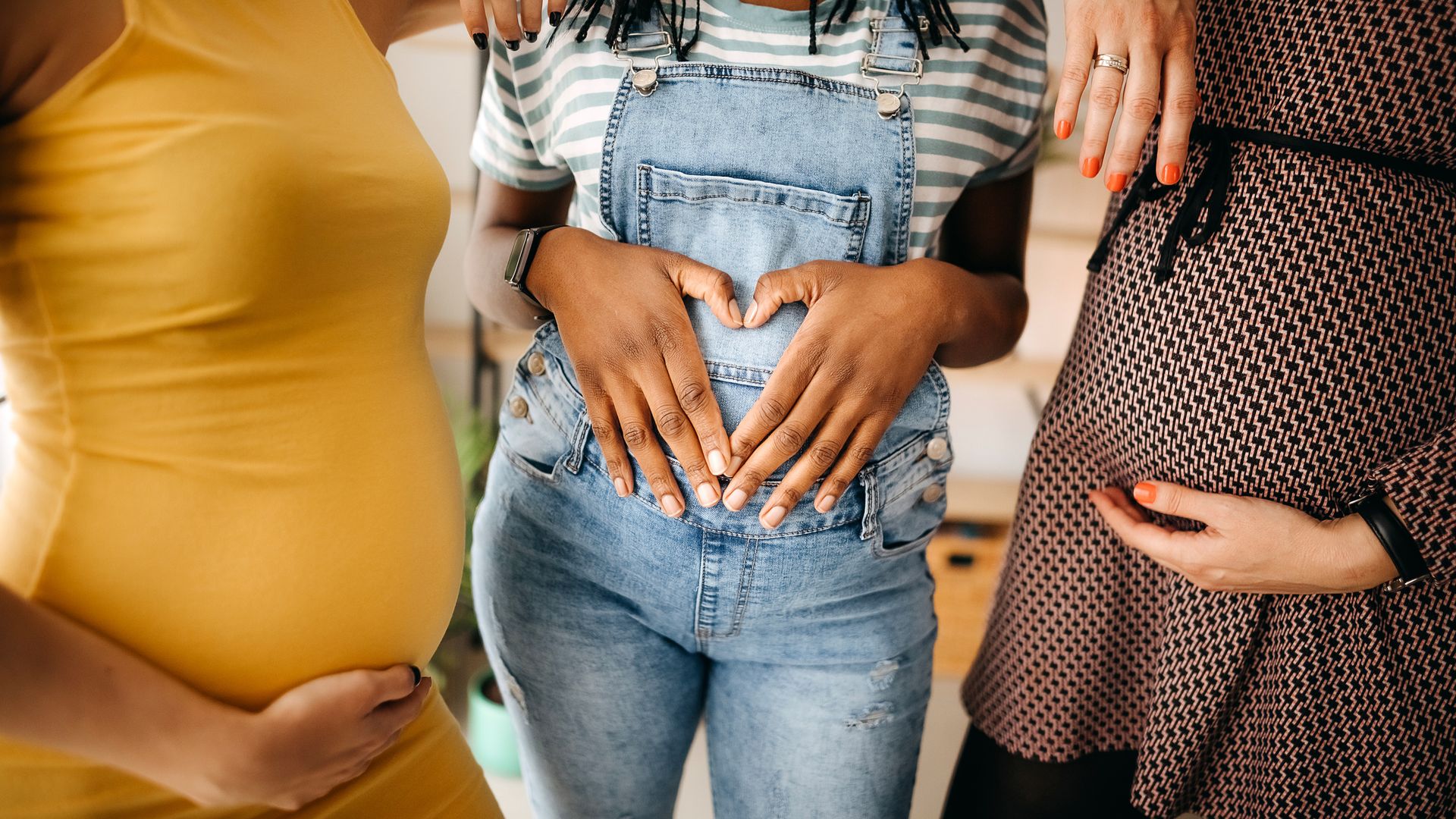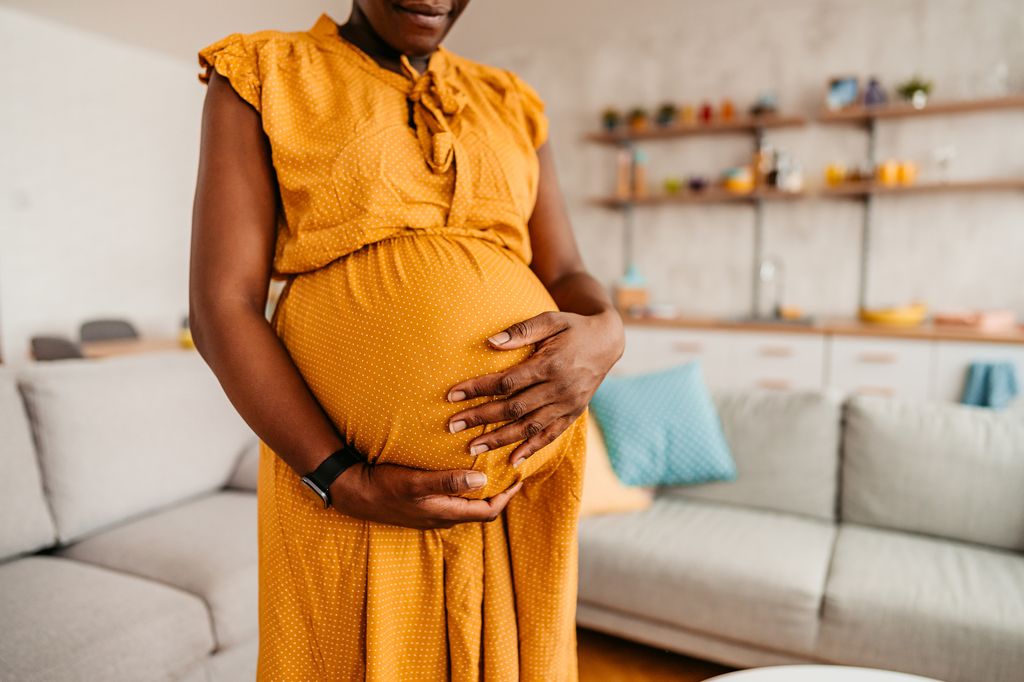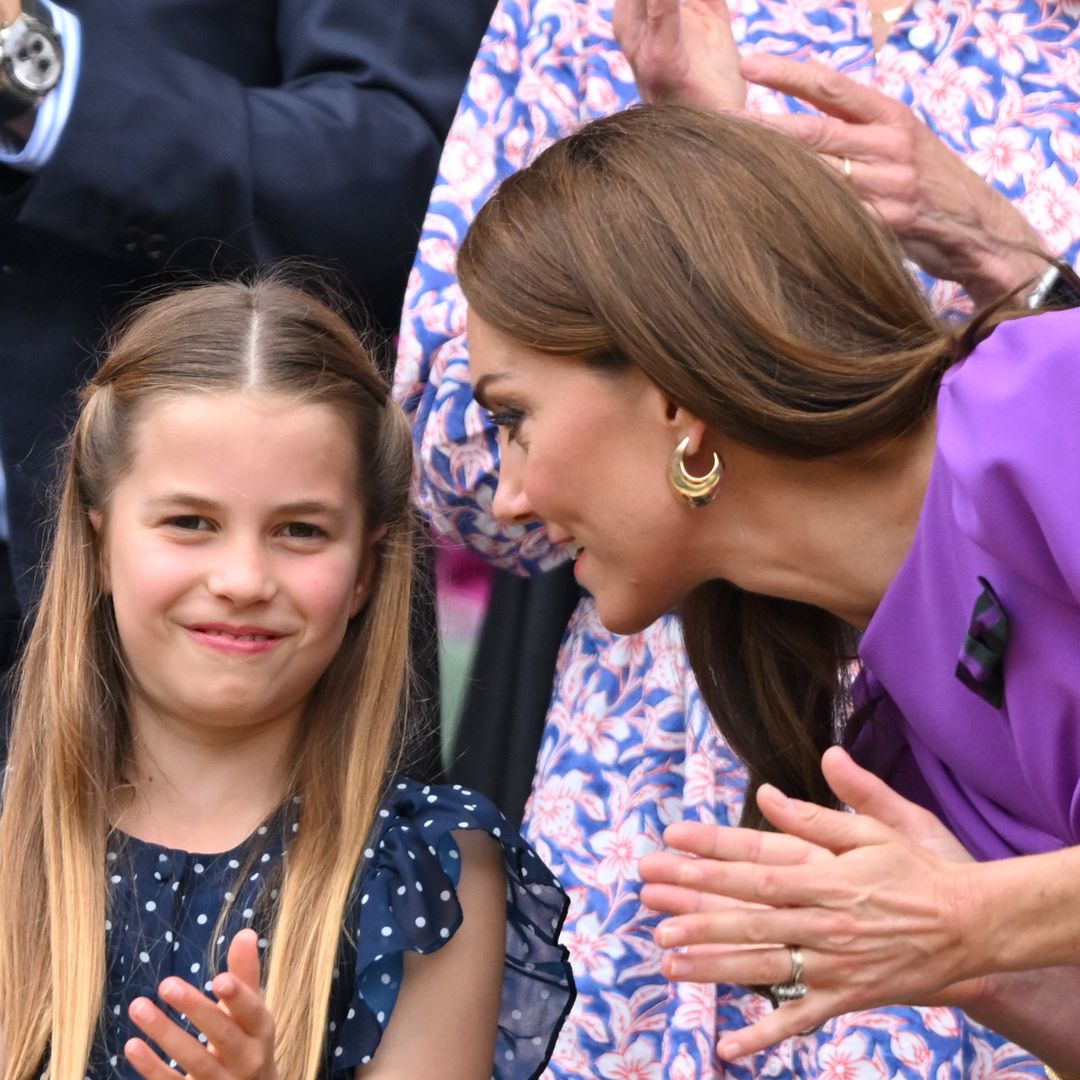On her new album, Brat, musician Charli XCX sings candidly about her mixed thoughts on having a baby.
The 31-year-old notes that she might like to have a baby one day, if she "doesn't run out of time," musing that she feels she's missing out, but also questions whether having a baby would make her miss her freedom.
At only 31, Charli has plenty of time to consider whether she wants to have a family, but in just four years' time, the singer will be medically consider a 'geriatric mother' – with this term creating a stigma around having a baby slightly later in life.
The fertility stigma
"Having children later is stigmatised both in the medical world and in wider society - particularly for women, when mothers over 35 are unflatteringly called geriatric mothers," says fertility expert and founder of the Fertility Mapper app, Kayleigh Hartigan.
"While women's fertile window is shorter than for men, both sexes face an increased risk of pregnancy complications when conceiving children later in life, yet we never hear men called geriatric fathers," Kayleigh continues.
The term geriatric mother is one that bothered 40-year-old Chloe Hawkins in her journey to conceive. "The health terminology and policies are incredibly outdated. I understand the need to name a cohort, but I don't see why the name needs to be geriatric," she laments.
Fertility as we age
While the subject is becoming more openly discussed, discussing our fertility issues can be seen as taboo, but Kayleigh explains that as we age we're more likely to need fertility assistance to have a child.
"A woman is born with all the eggs she will ever have, and these eggs don't regenerate," she says. "They age just like us, which means that women do have a 'biological clock' making conceiving later in life more difficult and riskier for the health of the child.
"This also means that women over 35 are more likely to need assisted reproductive technology to get pregnant, and sadly there is still stigma around this."
The stigma around fertility treatment
"Even though one in six couples struggle with infertility, talking openly about fertility treatments such as IVF and IUI is still not very commonplace.
"This is even more true when couples are using donor eggs or sperm in treatment (which is more likely for older women who may require donor eggs). This lack of conversation encourages feelings of shame and prevents people from realising exactly how commonplace fertility treatments are."
READ: Ask a life coach: How can I navigate feeling left behind by my friend's pregnancy?
Chloe, who froze her eggs and is now going through IVF, felt the stigma herself, sharing: "I have to remind myself that having children at an older age is what a lot of people are doing now.
"It's so common place, and it really no longer means I'm an anomaly (or old!). It's kind of amazing actually- but you have to do a lot of that piecing together by yourself."
ADVICE: 10 ways to prepare your body and mind for IVF treatment
A women's issue
Fertility is generally considered a women's issue, but Kayleigh points out that 50% of all infertility issues involve the male partner.
"This bias towards focussing on the woman’s age and fertility means that often men aren’t put through the same level of fertility testing - or sometimes not even tested at all, and this bias can delay a couple receiving the best treatment for their situation - as doctors only focus on the female partner during the infertility investigation testing stage."
READ: 12 celebrities who've opened up about their fertility struggles: from IVF to surrogacy
Ending the stigma
"Encouraging open conversation and educating people about the realities of fertility will help dispel stigma around the topic," says Kayleigh. "More of us are needing fertility treatments than ever before. The number of IVF cycles in the UK has risen by nearly 24% between 2011 and 2021.
"It will soon become the norm for people to seek some form of fertility intervention. We need to talk about fertility issues more openly, reframing it as a society-wide problem and not just a women’s health issue."










